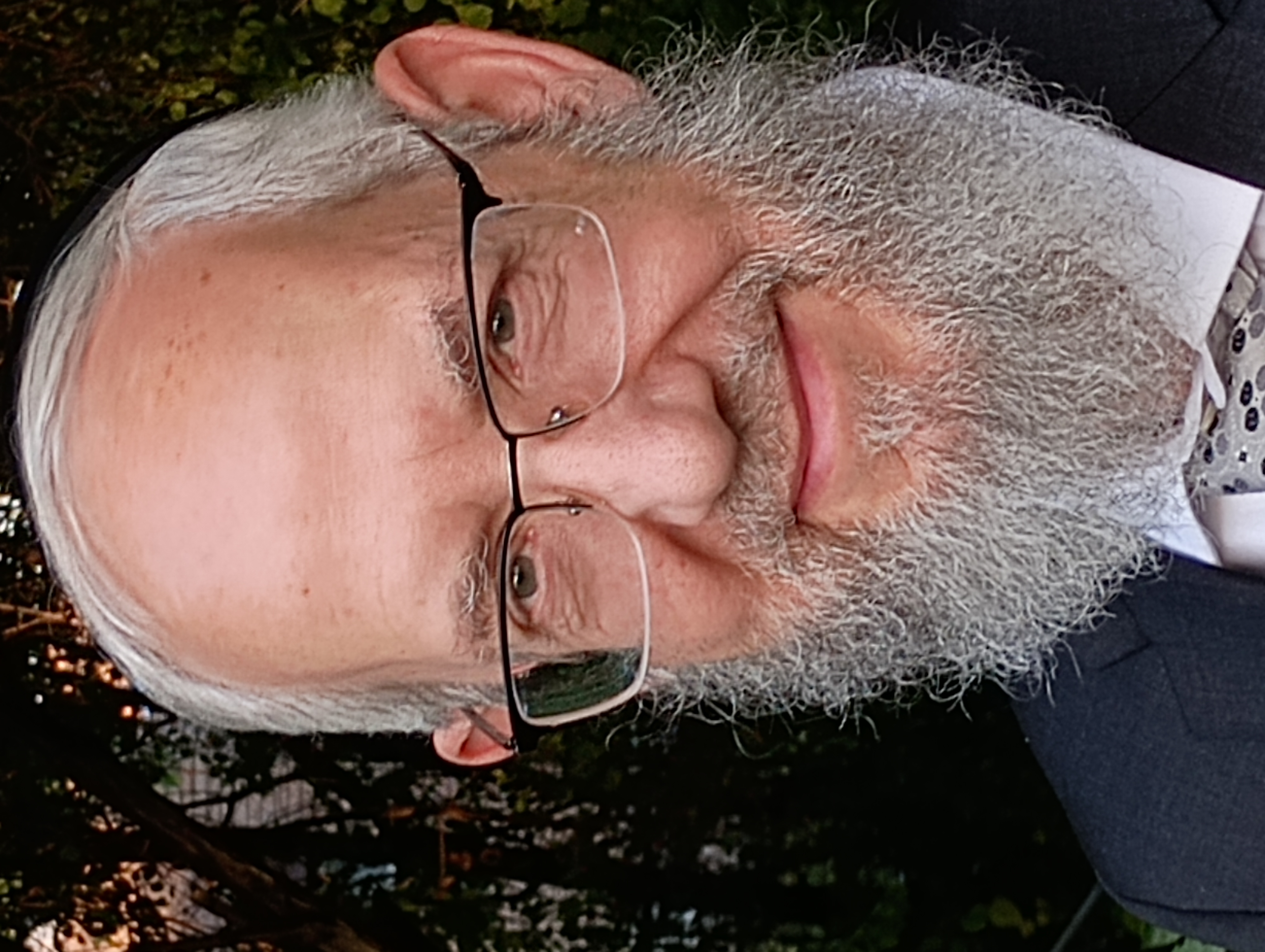Aharon Baruch
Credentials
Finances
Licensed Abroad
- Rechov Yavo Sabba
- Beit Shemesh, 48237
Aharon Baruch
 Verified
Verified
Credentials
Licensed Professional Counselor
MA
Finances
150-250 NIS
None
N/A
ABOUT THE THERAPIST
I am a professional mental health counselor with one year of internship and two years of field experience. My 27 years as a Judaic Studies teacher/administrator has helped prepare me for my career in mental health.
I assess and treat a wide variety of concerns - stress, anxiety, depression, trauma/PTSD, loss/bereavement, self esteem/confidence, religious issues, and others.
I use an integrative approach which includes several therapetic models - cognitive behavioral therapy, guided imagery, mindfulness, motivational interviewing, religious counseling, and others.
I offer client-driven, individual treatment programs using the therapeutic interventions which will optimize the alleviation of the client's challenges.
QUALIFICATIONS
MA
Wayne State University
2022
Degree
MAEducation
Wayne State UniversityYear of Graduation
2022Years in Practice
2
LICENSED ABROAD
License Category
Licensed Professional CounselorLicense Number
6451022497 / MichiganDISTANCE COUNSELING
Online Therapy
PRIMARY SPECIALTIES
Anxiety / Panic
Depression
Grief
Spiritual Concerns
Trauma / Post Traumatic Stress Disorder PTSD
ADDITIONAL SPECIALTIES
N/A
CLIENT FOCUS
Population
Adolescents
Adults
Men
Women
Geriatric
Languages Spoken
English
TREATMENT APPROACH
Cognitive Behavioral Therapy (CBT)Cognitive Behavioral Therapy (CBT) is a type of psychotherapy that focuses on how one's thoughts, feelings and behaviors are connected and can be changed. It is based on the idea that how we think (cognition) and how we feel (emotion) can influence how we behave. CBT helps people identify and challenge distorted thinking and replace it with more balanced thinking, leading to improved mood and behavior. ‘Homework’, usually containing practical writing exercises, is often completed by the client between sessions to reinforce the therapy. Examples of tools that practitioners often use are journaling, challenging beliefs, and mindfulness.
Person-Centered Therapy (Rogerian Therapy)Person-centered therapy, or Rogerian therapy, was developed by Carl Rogers in the 1940’s. It is a form of talk therapy that emphasizes the importance of providing psychological safety, unconditional positive regard, and empathic understanding to clients. This type of therapy is based on the belief that individuals have an innate capacity for self-actualization and self-understanding and that the therapist's role is to provide a supportive environment in which this process can take place. Through the use of active listening, open-ended questions, and non-judgmental reflection, the therapist helps the client to explore their thoughts, feelings, and experiences in a safe and accepting environment. By doing so, clients are able to gain insight into their issues, develop a greater understanding of themselves, and work towards personal growth.
SERVICES OFFERED
Individual Therapy
Group Therapy

 Verified
Verified

